Do you suppose Stanley Kubrick ever gets depressed?
Joe Gideon (Roy Scheider)
Bob Fosse’s semi-autobiographical film “All That Jazz” is a film that truly captures the end of the reign of the New Hollywood auteur. “All That Jazz” sums up the New Hollywood era and is a representation of toxic masculinity in all its glory. It is a film that could have only been made in the 1970s, and a wonderful, eye-opening time capsule to a past where everyone chain-smoked, slept together and drank hard.
Roy Scheider plays Joe Gideon who is a jack of all trades. He’s a dancer, choreographer, a director, a father, and an ex-husband. Most of all, Gideon is a womanizer who lusts after women like it’s going out of style. His morning routine (which is repeated throughout the film) consists of waking up, taking Alka Seltzer, inserting eye drops, showering and listening to Vivaldi’s “Concerto In G Major’’. Gideon finishes his routine by smiling widely and saying “It’s showtime, folks!” to himself in the mirror. As the film’s narrative unfolds and Gideon’s stresses build-up, his smile gets wider and he appears more manic as if trying to remind himself that its ‘showtime’ and that he has to get a grip on the situation.
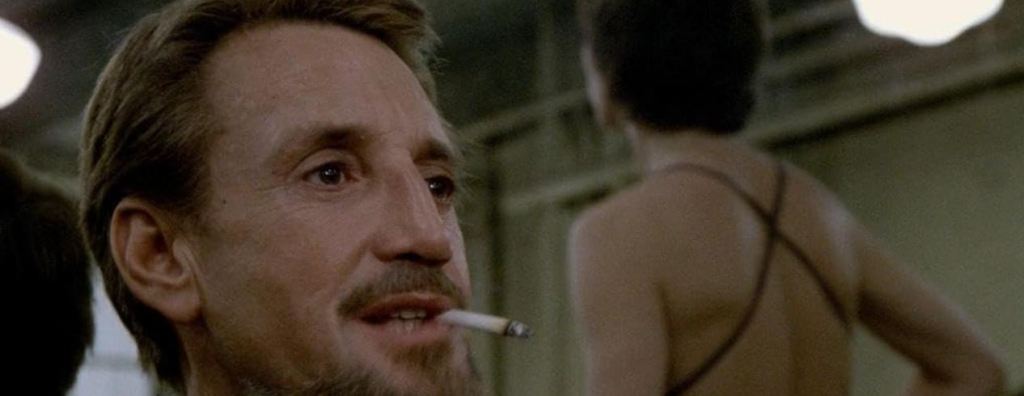
We discover that Gideon is under a lot of pressure as he juggles two high-profile projects: a new Broadway musical about flight attendants and a stand-up film about a comedian played by Cliff Gorman. Neither is going well; the film is way overdue and over-budget, and the musical isn’t coming together like Gideon wants. This is a reference to Fosse’s own struggle to edit his film “Lenny” (an underrated gem of a film) while simultaneously staging the 1975 Broadway musical Chicago.
“All That Jazz is a film that could have only been made in the 1970s, and a wonderful, eye-opening time capsule to a past where everyone chain-smoked, slept together and drank hard.”
It’s not only Gideon’s work-life which is manic, as his personal life is just as complicated. He constantly cheats on his current girlfriend Katie (, while trying to direct his ex-wife Audrey (Leland Palmer) and teach his latest sexual conquest Victoria (Deborah Geffner) how to dance (“I can’t make you a great dancer. I don’t even know if I can make you a good dancer. But, if you can keep trying and don’t quit, I know I can make you a better dancer.”). It’s his relationship with daughter Michelle (Erzsébet Földi) which is the most tragic, as she expresses her concerns over his lifestyle, begging him to settle down.

This is a film about a man on the edge of utter collapse. This is a man who is as burnt out as the cigarette that dangles from his lips. “All That Jazz” is a film about the fragile ego of a perfectionist. It’s not surprising to discover that Stanley Kubrick was so impacted by “All That Jazz” that he reportedly called it “[the] best film I think I have ever seen”.
In between the lavish dance numbers, and the drama, there are surreal dreamlike scenes where Gideon converses with a mysterious woman in white called “Angelique” (Jessica Lange) about his life. We soon discover who this mysterious woman is and what her role in all of this. Gideon may be about to meet his maker, but he isn’t going anywhere without a song and dance.
“All That Jazz” feels like two films in one. The first half of the film is an almost fly-on-the-wall expose on the world of Broadway at a time where the casting couch was ‘acceptable’ and men faced no repercussions for sleeping with their employees. Fosse seems to be dissecting how the entertainment work and holding up a mirror to its ugly side. It’s an industry that demands and takes everything, and still wants more.
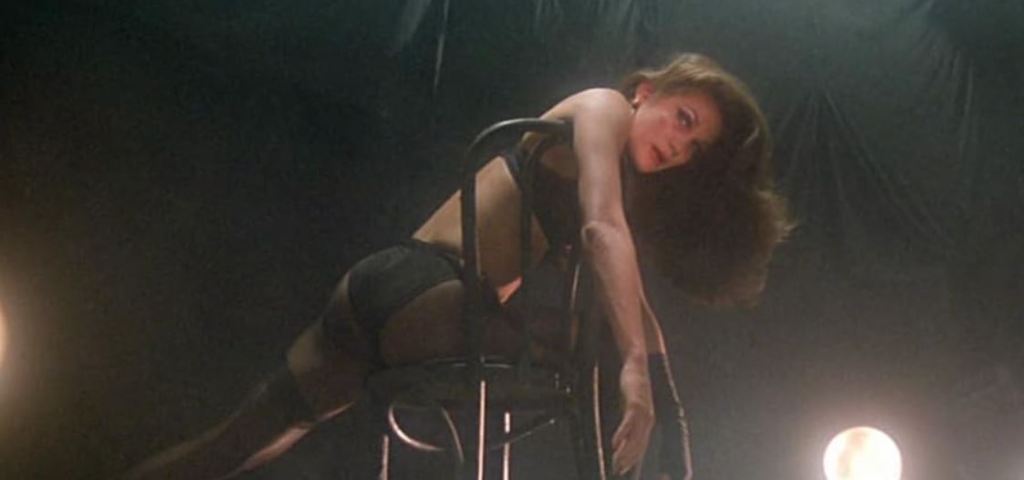
“This is a film about a man on the edge of utter collapse. This is a man who is as burnt out as the cigarette that dangles from his lips. All That Jazz is a film about the fragile ego of a perfectionist. “
For the last 45 minutes of the movie, Fosse stages one elaborate musical/dance number after another, which Gideon directs from his hospital bed while on life support (telling himself off for fluffing up his lines). The film ends in a stunning musical number called “Bye Bye Life” with the lines “Bye-bye life. Bye-bye happiness. Hello, loneliness. I think I’m gonna die.” For an era that was ushered in by the lyrics of “Born to be Wild.’’ (“I never wanna die. Born to be wild.”) offering the freedom of the counterculture, “All That Jazz” represented the end of the era of freedom.
Yes, Gideon is an utter piece of shit, but Scheider is so perfect in this role that you can’t take your eyes off the screen. “All That Jazz” may not be a perfect film, but it’s a perfect film to mark the end of the decade and to capture the insanity that was New Hollywood. We can view “All That Jazz” as a cautionary tale of perfectionism and obsession. Now, say it with me, “It’s showtime!”.
Originally posted on Filmotomy: https://filmotomy.com/rewind-1979-in-film-all-that-jazz/
Photos courtesy of IMDb.
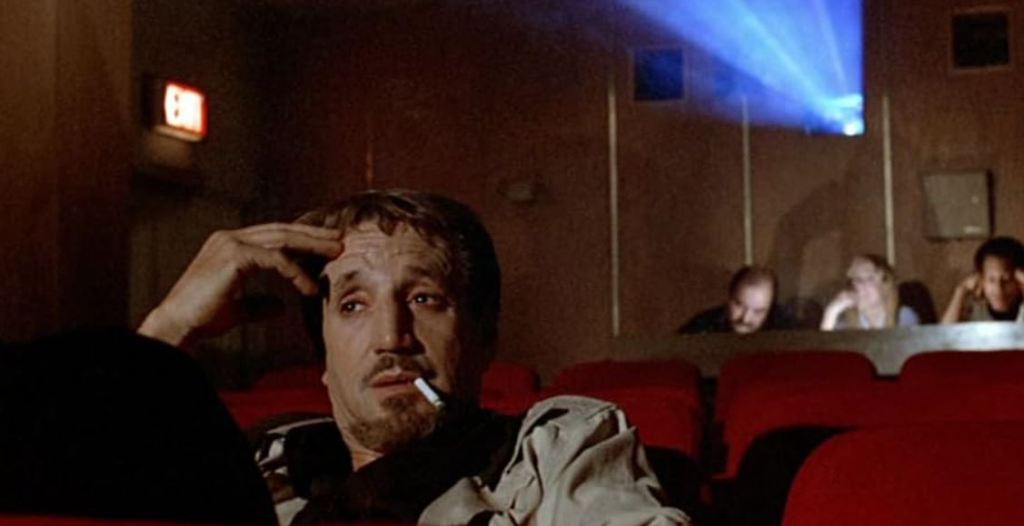
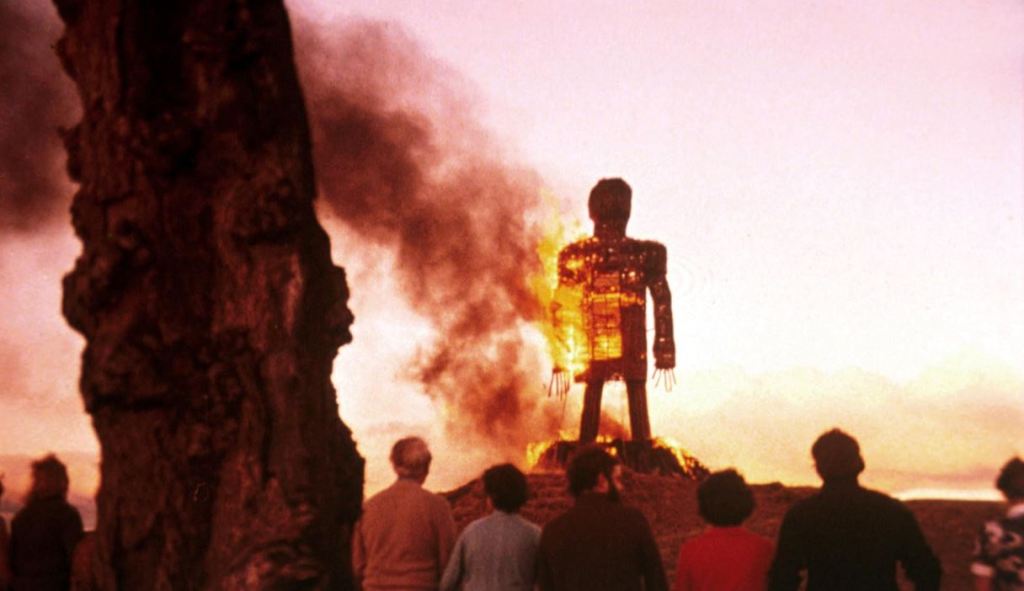
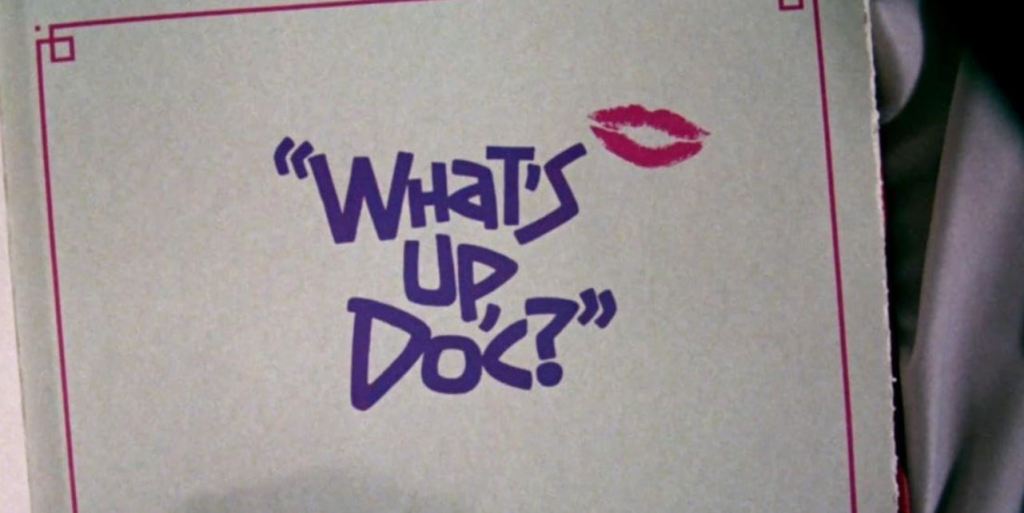
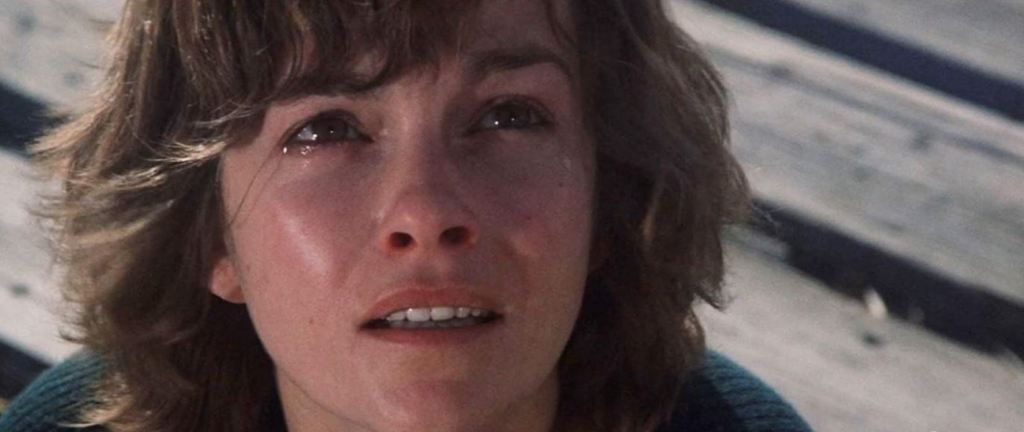
Leave a comment